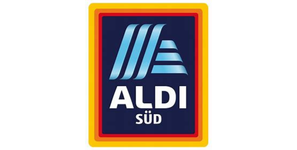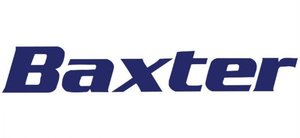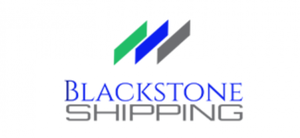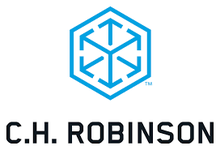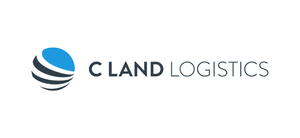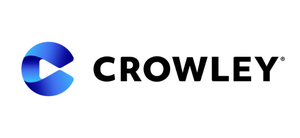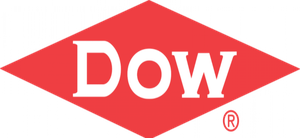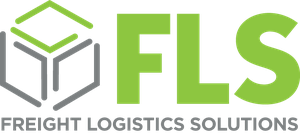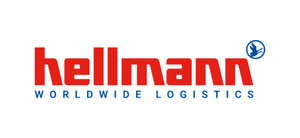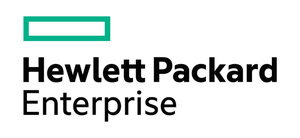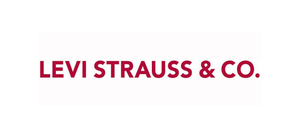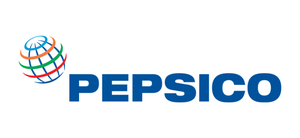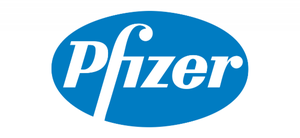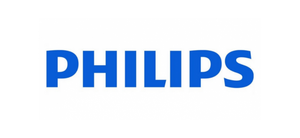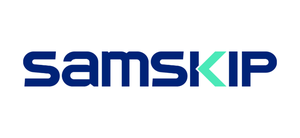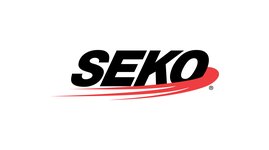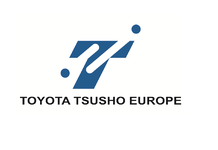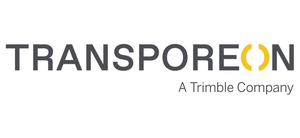What is GLEC?
GLEC drives widespread, transparent, and consistent calculation and reporting of logistics GHG emissions.
The Global Logistics Emissions Council (GLEC) is our program where companies and NGO’s are dedicated to drive widespread, transparent and consistent calculation and reporting of GHG emissions. The GLEC Framework was developed to offer multinationals and their suppliers a harmonized, efficient, and transparent way to calculate and report logistics emissions. This methodology framework allows our members and partners to accelerate their action to reduce greenhouse gas emissions and to collectively meet the Paris Climate Agreement.
The GLEC Framework version 2.0 has provided the principles upon which ISO 14083 has been based, which will serve as a formally recognized global standard for calculating GHG emissions from transport chains (including logistics and freight).
Organizations on their journey to freight decarbonization can become a member of Smart Freight Centre and join the SFC community. Members have access to a wide portfolio of initiatives and projects to help them collaborate to improve their GHG emission performance and supply chain economics. Membership unlocks solutions through several SFC programs, including Global Logistics Emissions Council (GLEC), Clean Cargo, Sustainable Freight Buyers Alliance (SFBA), and Clean Air Transport.
Explore our membership optionsGLEC Framework
The GLEC Framework was the first global recognized methodology to calculate logistics GHG emissions and formed the basis for ISO 14083. It remains the primary industry guideline to support implementation of ISO 14083, and is aligned with:
The GLEC Framework serves as primary industry guideline how to implement ISO 14083:
GLEC Publications
Measuring and Reporting the Carbon Footprint of Electric Freight Vehicle Operations: Whitepaper
This Whitepaper addresses the critical aspect of measuring and reporting greenhouse gas (GHG) emissions from electric vehicles in logistics. As the adoption of electric freight vehicles gains momentum, particularly in the US and the EU, understanding and accurately accounting for their carbon footprint is crucial. This Whitepaper provides essential guidance for logistics professionals, offering nuanced insights into lifecycle emissions calculation, specifically tailored to electric vehicles and electricity usage. This resource acts as a valuable supplement to the ISO 14083 and the GLEC Framework.
End-to-End Guidance
Smart Freight Centre , in partnership with over 30 leading global organizations, supported by the World Economic Forum, with McKinsey & Company providing analytical insights and advisory guidance, co-developed and released in January 2023 an actionable and implementable guidance to quantify the impact of GHG logistics emissions from supplier to final customer; an End-to-End Guidance.
Market Based Measures Accounting Framework
The Market Based Measures Accounting Framework explains how to apply a market based accounting approach to the quantification and reporting of transportation greenhouse gas emissions.
Fuel Emission Factors in ISO 14083
This report explains how the current emission factors for Europe and North America in ISO 14083 annex K were derived. The report also includes Europe and USA's updated fuel emission factor values based on ISO 14083 methodology, allowing for greater accuracy and reliability in emission calculations.
GLEC Participants
Our SFC Community Members support the GLEC mission through participation in GLEC projects. They work in partnership to influence the future direction and standards for logistics emissions reporting and reduction. The following SFC Community Members participate in GLEC projects:
Associations
GLEC is supported by a network of accredited calculation tools, programs and strategic partners that share our vision of a zero-emissions freight and logistics. Our Associates support the GLEC mission and work with Smart Freight Centre on guidelines, development and projects.
Implementation Partners
Interested in Participating in GLEC?
Join the SFC Community!
Becoming an SFC member unlocks solutions deriving from our SFC programs including GLEC, Clean Cargo, Sustainable Freight Buyers Alliance, and Clean Air Transport.




